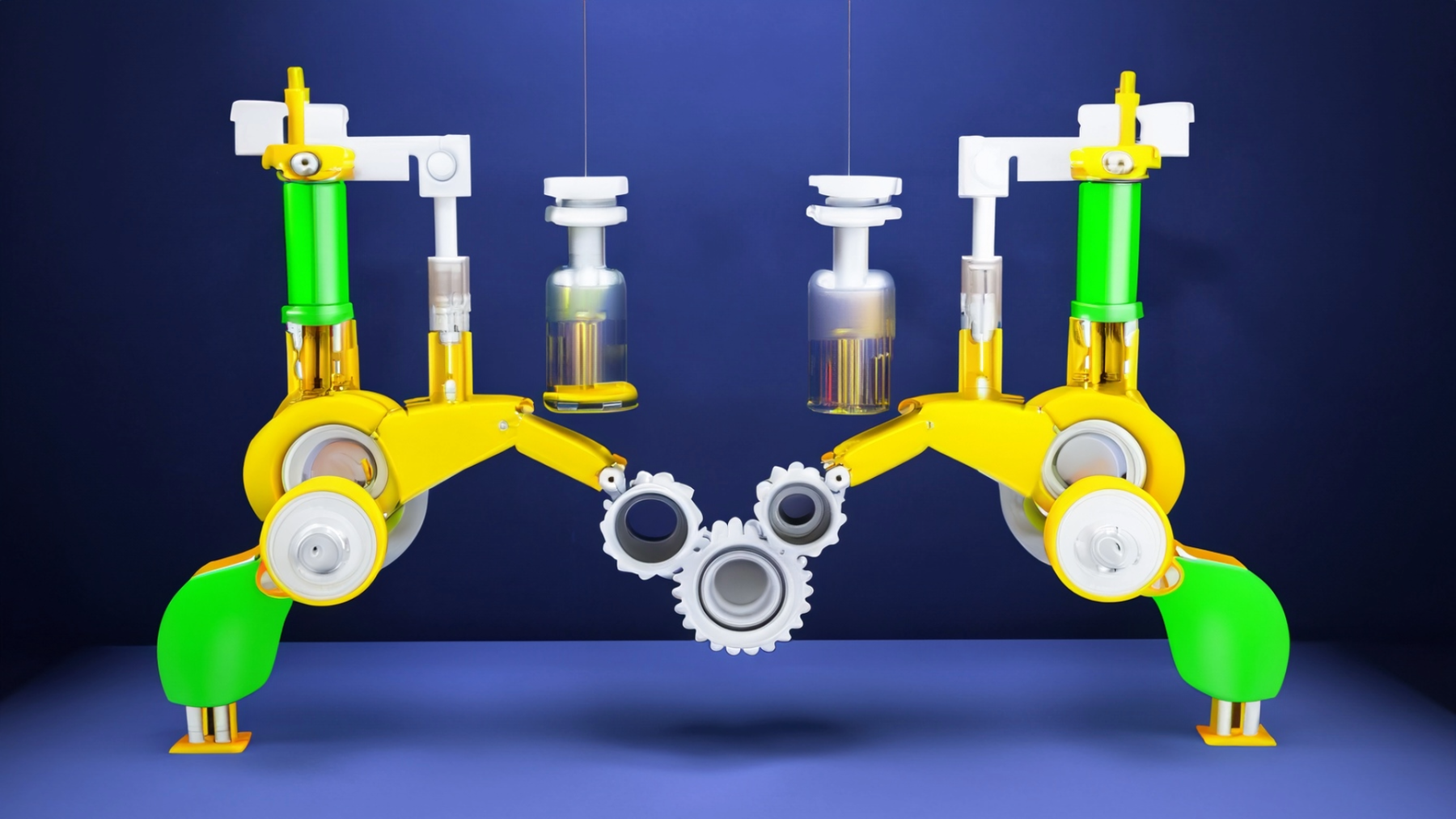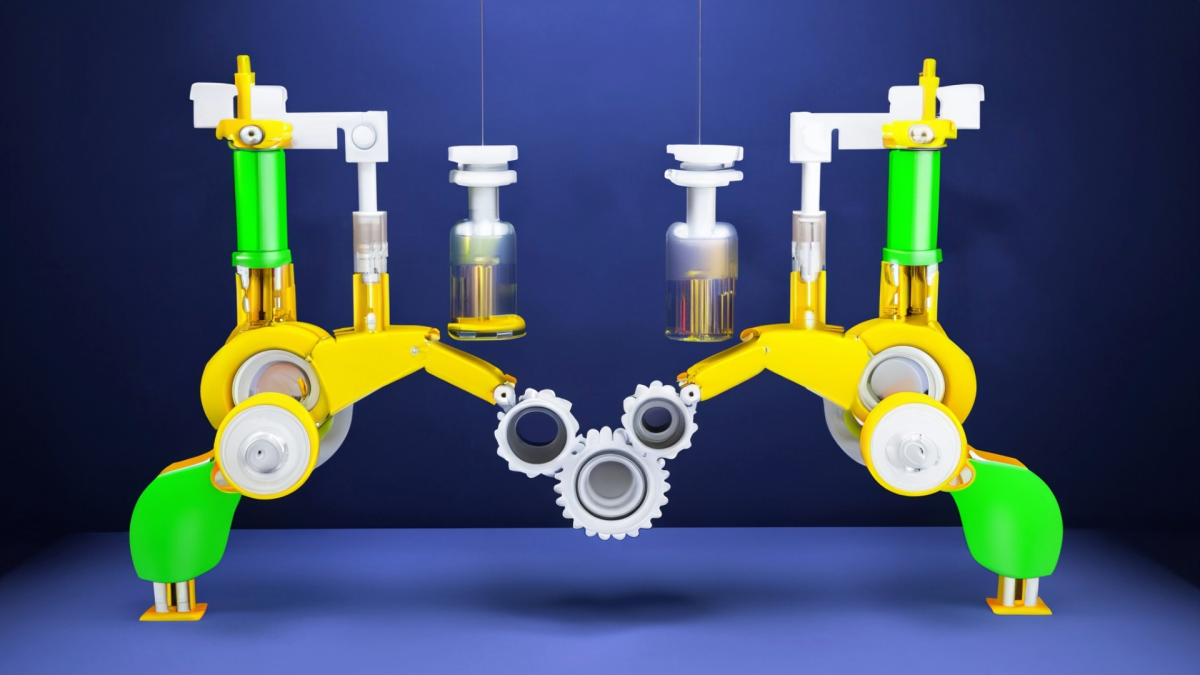
Da Vinci's Bridge Day 3 and 4
This lesson is part 2 of 2, Days 3 and 4. This lesson is set up to have students explore the friction bridge designed by Leonardo Da Vinci. Students have discovered the inventor and become familiar with the bridge itself. There are built in opportunities to support core classes with 6th grade math, ELA, Science and Social Studies standards included. Day 3 finds the students competing in teams to see who can individually build the longest bridge in a timed event, day 4 has the students use their new skills and building practices to create their own design with the same components. This bridge will be asked to hold weight, something that rolls, or something that moves (different stresses a bridge must endure).
I provide balsa sticks, but have done this with pencils, chopsticks, twigs, etc. The smaller the stick, the more difficult the build.
Lesson Plan Link/URL
https://docs.google.com/presentation/d/1sxNQekjlZxERZW8EQ1G-el6QG6rO1Q-i/edit?u…Subject Area
Science Physical Science P3: Net Force Technology 1. Empowered Learner 2. Digital Citizen 3. Knowledge Constructor 4. Innovative Designer 5. Computational Thinker Engineering S1: Engineering & Global Society S2: Apply the Engineering Design Process S3: Apply Mathematics to Engineering S4: Apply Science to Engineering S5: Apply Technology to Engineering Mathematics Number and Operations—Fractions (NF) Measurement and Data (MD) Geometry (G) Ratio and Proportion (RP) English Language Arts (ELA) Reading (Informational Text) Writing Speaking & ListeningRelated Content

This lesson is part 1 of 2. This lesson is set up to have students explore the friction bridge designed by Leonardo Da Vinci. Students first discover the inventor and become familiar with his life

Engineers often create small-size models of a new product to test its design. This is especially true with airplanes. Model testing tells engineers how a design responds to different air conditions
